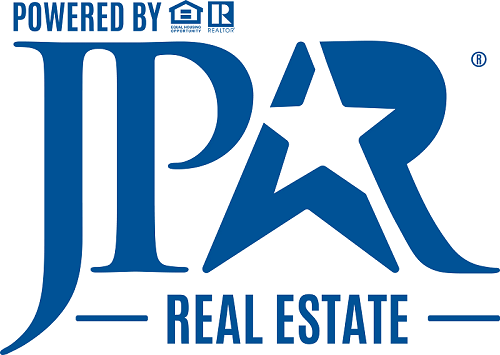A recent study estimates that 47% of foreclosed properties are still occupied.
When you first see that stat you may be surprised… but we’re not.
What most people don’t realize is that banks aren’t in the business to own homes.
Banks primarily engage in lending money to individuals, yet in the unfortunate event of a foreclosure, they’re compelled to assume ownership of the property until it can be sold to recoup their investment. Surprisingly, banks have discovered that leaving a foreclosed house vacant significantly increases the likelihood of its deterioration. Therefore, many banks prefer to have occupants remain in the property even after foreclosure proceedings commence, as this serves as a deterrent to vandalism and helps maintain the property’s condition.
There’s been a lot of talk in the media about people living for free after foreclosure – and even many stories about banks “abandoning” properties.
In those stories, people are avoiding house payments for months, even years.
Man, that sounds great! Let’s all live for free. (wink)
Wait… it can’t be that simple, right?
Right.
Banks typically don’t overlook payment collections intentionally; any situation where payments are missed usually results from significant errors or financial hardships. However, there are rare instances where individuals find themselves in a situation where they live in a foreclosed property without making payments. While it may seem fortuitous, it’s essential to recognize that avoiding owed payments is not lawful and can lead to severe consequences. Despite this, many foreclosed homes remain occupied because leaving them vacant increases the risk of vandalism and criminal activity. Moreover, maintaining occupancy helps banks preserve the property’s value, aligning with their best interests. In some cases, due to the intricacies of foreclosure laws in TX, banks may request occupants to vacate while simultaneously preferring them to remain.
There are a few perfectly legal ways to remain in your home, even after foreclosure.
How To Stay In My Home After Foreclosure In Frisco
Not all these options are available (depending on your situation and your lenders), and you’ll need some expert advice along the way to help you get through.
1) Wait it out. While it may seem tempting to flee and abandon your home upon receiving the first notice of default, this is not a recommended course of action. Foreclosure proceedings can be lengthy, often spanning months or even years, so it’s crucial not to lose hope prematurely. However, waiting until the sheriff arrives to evict you before packing up is also unwise. It’s essential to strike a balance between staying proactive and prepared while navigating the foreclosure process.
2) Go to court. In extremely rare instances, judges may grant stays and postpone evictions, but this option typically requires compelling evidence that the bank has failed to meet legal requirements during the foreclosure process. While instances of fraudulent behavior by banks have been uncovered in recent years, challenging foreclosure through legal means is often complex, expensive, and time-consuming. Pursuing legal action against banks is a challenging endeavor, even with a strong case, and it may not be feasible for many individuals due to the substantial resources and expertise required (most people don’t stand a chance).
3) Propose a move-out bonus. Often known as “cash for keys”, this can indeed be a pragmatic solution that benefits both parties involved in a foreclosure situation. By providing financial incentives for occupants to vacate the property voluntarily, sellers can avoid costly legal proceedings and potential damage to the property. This approach not only facilitates a smoother transition of ownership and property possession, but also helps mitigate risks associated with abandonment, such as vandalism or occupation by unauthorized individuals. While it may seem self-serving, offering cash for keys can ultimately save time and expense for all parties involved, fostering a more efficient, cost friendly, and amicable resolution to the foreclosure process.
4) Rent it back. It might seem unconventional, but some banks are open to the idea of former homeowners becoming tenants in their foreclosed properties. However, this arrangement is typically temporary, as the bank aims to sell the property once again. They may request your agreement to vacate once a new buyer is secured. Alternatively, there are instances where we could facilitate the purchase of the property and offer it back to you as a rental. This approach provides a potential solution for homeowners facing foreclosure, allowing them to remain in their familiar environment while navigating their financial challenges.
It’s really good that you’re reading this page and exploring your options. We help homeowners like you to find creative solutions.
We can’t help everyone, but we might be able to help you.
We buy local Frisco TX houses like yours from people who need to sell fast.s


